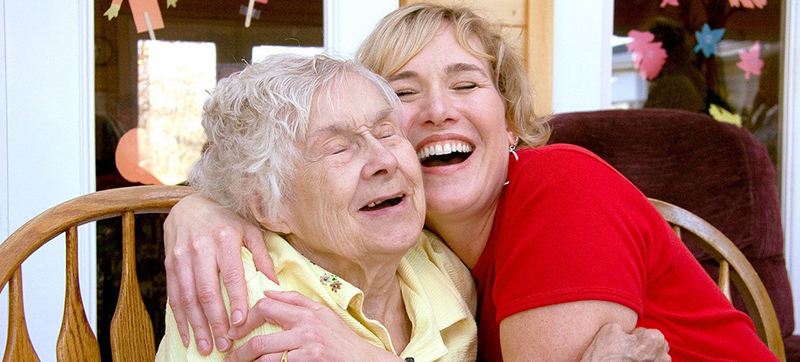 Brain Health
Brain Health
WHO calls for optimizing brain health to benefit people and society
New York: At some point in their life, one in three people will develop some type of neurological disorder – the leading cause of disability and the second leading cause of death, the World Health Organization (WHO) said on Tuesday, launching its first-ever position paper on optimizing brain health across the entire life span.
Roughly nine million people die each year from neurological disorders, which include stroke, migraines, dementia and meningitis.
Our most complex organ
Brain health is an evolving concept that is increasingly being discussed not only in health settings but in society at large, WHO said.
It is defined as the state of brain functioning across cognitive, sensory, social-emotional, behavioral and motor domains, allowing a person to realize their full potential over the course of their life.
“The brain is by far the most complex organ of the human body, allowing us to sense, feel, think, move and interact with the world around us,” said WHO’s Dr. Ren Minghui in the forward to the position paper.
“The brain also helps regulate and influence many of our body’s core functions including those of the cardiovascular, respiratory, endocrine and immune systems.”
Missed potential, future losses
A multitude of factors can affect brain health from as early as pre-conception, said Dr. Ren, who is WHO’s Assistant Director General for Universal Health Coverage/Communicable and Noncommunicable Diseases.
“These factors can pose great threats to the brain, leading to immense missed developmental potential, global disease burden and disability,” he warned.
For example, WHO reported that 43 per cent of children under five in low- and middle-income countries - nearly 250 million boys and girls - are believed to miss their developmental potential due to extreme poverty and growth stunting, leading to financial losses and projected 26 per cent lower annual earnings in adulthood.
Five major factors
The position paper presents a framework for understanding brain health and is a complement to a global action plan on epilepsy and other neurological disorders, which was adopted in April.
The paper provides insight into the five major groups of determinants that impact brain health, namely physical health, healthy environments, safety and security, learning and social connection, as well as access to quality services.
WHO said addressing these determinants will result in multiple benefits, including lower rates of many chronic health conditions such as neurological, mental, and substance use issues.
It will also lead to improved quality of life, as well as multiple social and economic benefits, all of which contribute to greater well-being and help advance society.
Support Our Journalism
We cannot do without you.. your contribution supports unbiased journalism
IBNS is not driven by any ism- not wokeism, not racism, not skewed secularism, not hyper right-wing or left liberal ideals, nor by any hardline religious beliefs or hyper nationalism. We want to serve you good old objective news, as they are. We do not judge or preach. We let people decide for themselves. We only try to present factual and well-sourced news.






